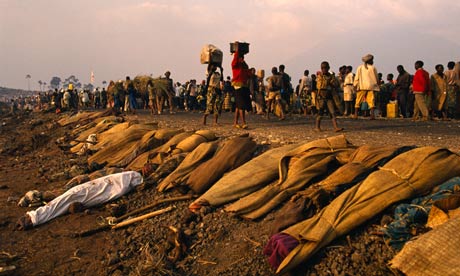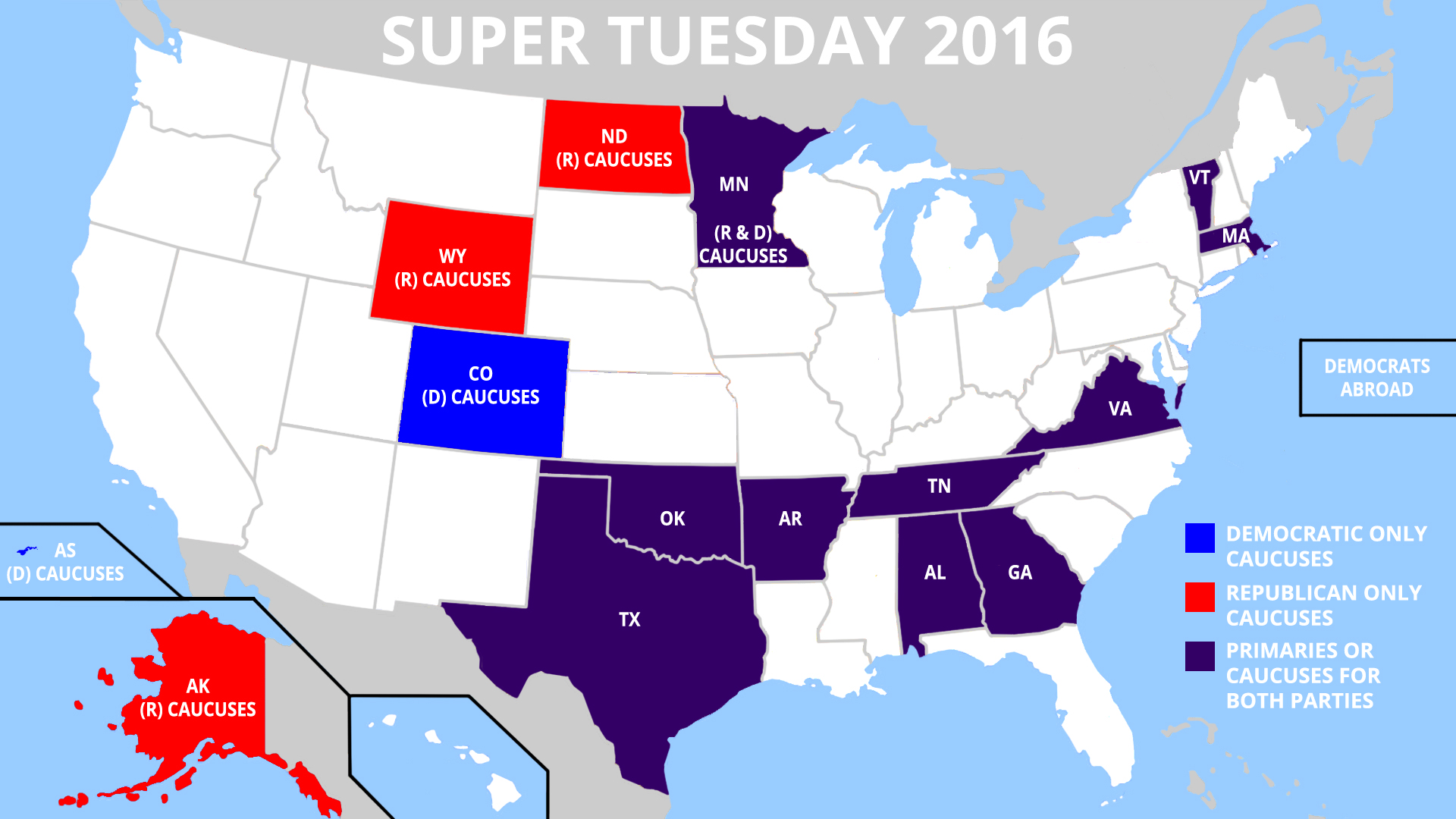S
alim Akl is Human Resources and Administrive Manager at Carnegie Endowment for International Peace’s Middle East Center in Beirut, Lebanon. Throughout this interview, he provides valuable insights into the process of acquiring a position at a prestigious think tank, such as Carnegie.
Q: Who is your ideal candidate?
Salim: Not everybody can be an intern at a think tank, because above training, and education, you need to have specific traits:
Flexibility and interpersonal skills: On the job, you will undoubtedly meet a wide range of individuals with divergent ways of thinking, a huge cocktail of human capital. Working at a think tank is tougher than it may appear, as you have to deal with big minds that have widely opposing opinions on a variety of issues; in this sort of situation, the ability to find compromises becomes necessary. Also, although we have differentiated departments, no one sticks strictly to their job description, as the actual work usually stretches beyond.
Problem solving: Numerous times, the tasks allocated to interns can be a bit vague. Scholars often don’t have the time to clearly explain, they take for granted that the intern/assistant will immediately grasp what they’re looking for.
Initiative: This trait is usually quite clear in the behavioral portion of the interview. An initiative-taker is to the point, and overcomes barriers to perform a task.
Q: What Qualifications are needed? What qualifications are preferred?
Salim: When I’m going through CVs, I specifically look for:
Achievers, or people who have a sense of deliverables, deadlines, and precision. Think tanks operate on grants provided by funders who specifically seek deliverables- someone who already has a sense of this will be sought out.
Candidates who go out of the box. I often find very monotonous CVs of candidates who have experience working almost strictly in one lane, who didn’t exploit their capabilities in a variety of tasks and environments. An ideal candidate for an internship is open-minded, willing to explore topics that might seem outside their wheelhouse.
For example: During interviews, I often present candidates with the list of programs that the center is currently researching, and prompt them to pick their preferred topic. The ideal answer is one that highlights the candidate’s interests, regardless of their past experience.
Q: How are interviews usually formatted? Are there any interview questions that are specific to think tanks?
Salim: Interviews are structured in three parts: the behavioral portion, the technical portion (examining a candidates knowledge and qualifications), and the ‘career-path’ portion (examining where the position fits in the candidates professional trajectory).
The questions asked vary significantly based on the interviewee- different answers will trigger different sets of questions. For example: If a candidate mentions working on a report at a major organization, I would often ask what they did on the project more specifically. There is of course a wide range of possible contributions, from typing, to editing, to co-writing; depending on this, a set of questions will be launched. This is a necessary exercise to help determine in which program the new intern will eventually work.
Q: What are the most common mistakes committed by candidates during interviews?
Salim: Unlike the private sector, when interviewing for a think tank, no single answer will derail you to the point of no return. There are people who have trouble starting an interview, but that isn’t necessarily negative. Usually an icebreaker is all that’s required to put the candidate at ease and go on with the interview. Overly talkative individuals sometimes sabotage themselves by going completely off-topic.
For example, I usually start an interview with ‘present yourself briefly, including your latest academic and professional achievements’. With this, some go off on monologues providing unnecessary details- this shows that they didn’t listen to the question, which is ultimately unattractive. Similarly, sometimes candidates will swirl around a question without answering it directly.
In summary, over-talking, exaggeration, and lack of precision can be negative points for a candidacy.
Q: What mistakes do you usually find on CVs?
Salim: This is more a question of standards. At Carnegie Middle East, we have a preference for American/British style CVs that are short and straight to the point. In Europe, CVs can be structured in a longer format, where more information is provided – we don’t find this particularly useful. More common mistakes include:
Useless data, or ‘useless ink’. For example, height, weight, and photos are not important to the position. Some candidates include a dissertation on what they did at a particular position, without a clear description of the position itself.
Sample of courses taken: Human resources are not interested in the particular curriculum of a candidate, especially if they studied political science or international relations.
High school information: Interns are expected to have at the very least a Bachelor degree, so any previous education is irrelevant.
University information: Highlight achievements (such as scholarships, honors) over grades.
University thesis (and other major research projects): Include title and topic of the paper. Including the grade of thesis can be indicative of the value of the final product.
Hobbies: Include any team sports you might be engaged in. They show a candidate’s ability to integrate a team, and become a ‘team player’.




